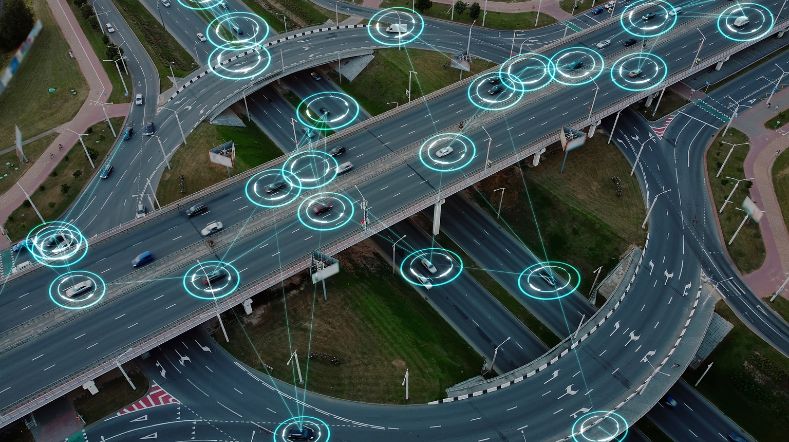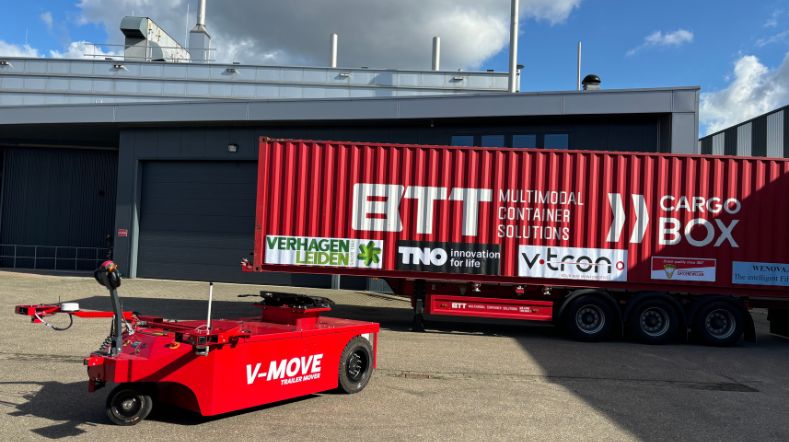
Automated vehicle technology for yards
Recent advancements in automated driving (AD), vehicle electrification, and digital logistics are opening new and promising opportunities for automating outdoor logistic movements. The use of self-driving vehicles on yards holds significant potential to enhance efficiency, flexibility, and safety in logistics operations, contributing to the sustainable wellbeing and prosperity of society.
Current challenges in logistics
The substantial and rapid growth in logistic demand, combined with a shortage of drivers and personnel, is driving the need for automation across various sectors such as distribution centres, harbours, airports, and bus depots. Automation offers impactful solutions to these challenges while also reducing the risk of damage during operations.
Our vision
Automating logistics in closed premises represents a transformative technology that enables yards to operate more efficiently and safely in the future. These controlled environments are well-suited for implementing automated driving using current technology.
By automating tedious and repetitive vehicle tasks, yard automation solutions provide substantial benefits to yard operators and drivers.
Our solutions
Although significant technology exists for automating logistics in closed premises, still some technical challenges remain. At TNO, we focus on component and system level solutions to achieve an optimal composition of the overall system to ensure the effectiveness and safety of automated solutions in these environments.
Accurate, trusted localisation
One of the technological challenges of yard automation lies in achieving accurate, robust, low-latency, and trusted localisation. Additionally, there is a system challenge to deliver a solution that is standardised, scalable, and modular. At TNO, we are investigating absolute and relative localisation solutions that can replace current grid-based methods, enabling automation in (semi)-closed environments and on public roads. Specifically for yard automation, we are developing sensor fusion frameworks that utilise multiple sensors within the vehicle to provide the necessary accuracy.
Cost-efficient Yard Automation Solutions (CEYAS)
At TNO, our innovations focus on developing yard application solutions that prioritise scalability, interoperability, and cost efficiency. We aim to identify and implement the optimal system composition that integrates these three key qualities effectively.
In this demo, we applied the automated driving technology we developed with major OEMs to an existing trailer mover, the E-Move, developed by Verhagen in Leiden. WENOVA.EU supplies a special sensor to determine the angle between the trailer and E-Move to ensure optimal maneuvering. TNO, which developed the technical concept, is testing the automated trailer movers with supermarket chain Jumbo to discover what the efficiency benefits are in practice.
Get inspired
Releasing autonomous software faster with DeepScenario and TNO’s StreetWise
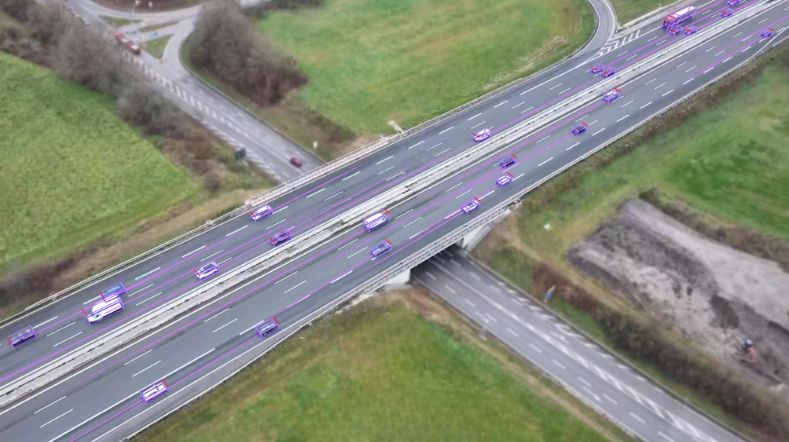

MARQ opens its doors: a place to collaborate on the mobility of the future
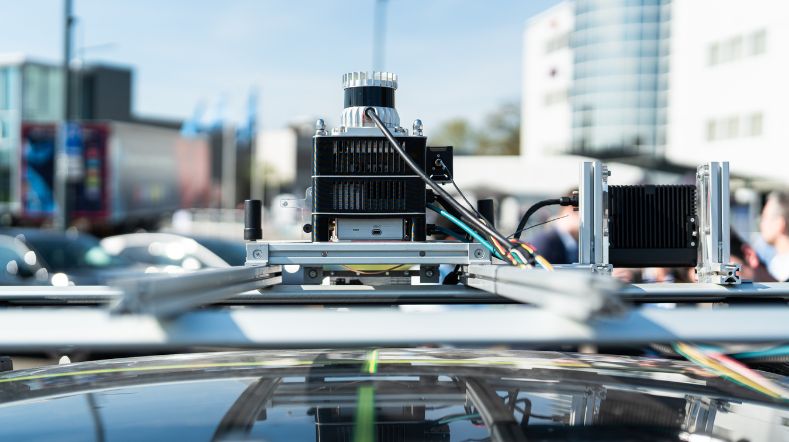

Demonstrations of automated driving and charging for logistics at Maasvlakte
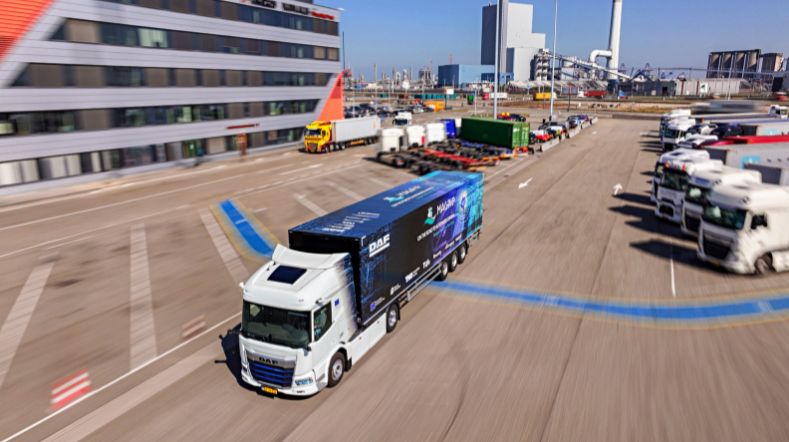

Getting on board with autonomous transport? Five things you need to know
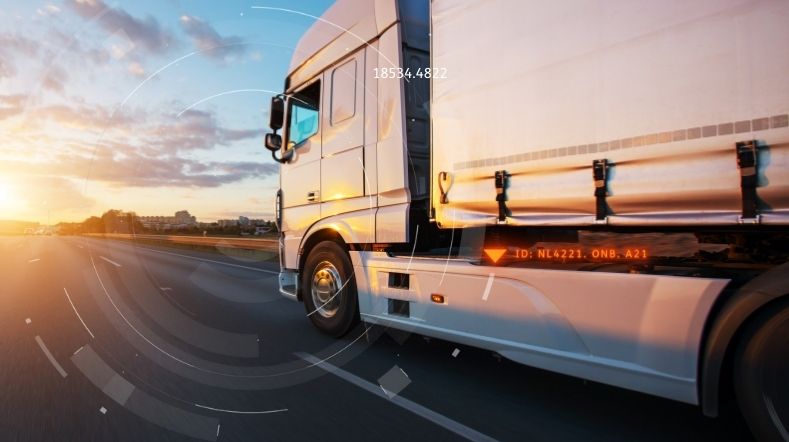

Connected mobility
